Category Archive for "Areas of Practice"
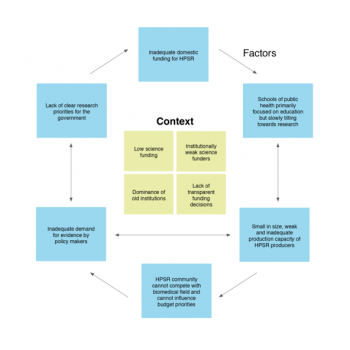
Paper: Soviet legacy is still pervasive in health policy and systems research in the post-Soviet states
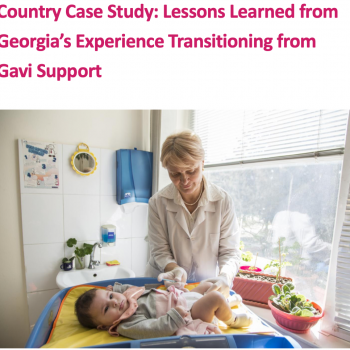
Georgian NIP faces challenges in sustaining the outcomes achieved
There are issues with immunization coverage rates, particularly in the context of the COVID-19 pandemic; insufficient government financing for communication activities, supportive supervision, and the information management system;
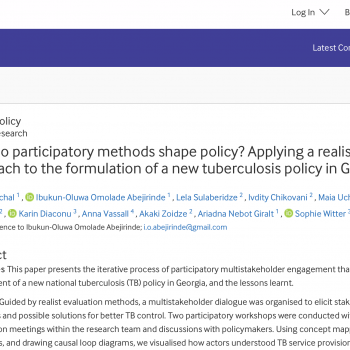
Article: How do participatory methods shape policy? Applying a realist approach to the formulation of a new tuberculosis policy in Georgia
The paper presents the iterative process of participatory multistakeholder engagement that informed the development of a new national tuberculosis (TB) policy in Georgia, and the lessons learned.
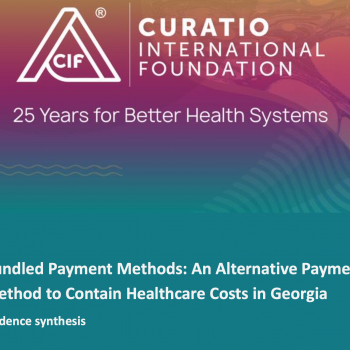
Bundled Payment Methods: An Alternative Payment Method to Contain Healthcare Costs in Georgia
Since there is a considerable growth in healthcare expenditure in Georgia, driven by both supply and demand, the health system would benefit by implementing alternative payment models that will reduce costs and improve the quality of care.
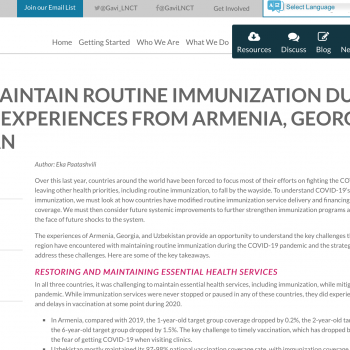
HOW TO MAINTAIN ROUTINE IMMUNIZATION DURING COVID-19? EXPERIENCES FROM ARMENIA, GEORGIA, AND UZBEKISTAN
Author: Eka Paatashvili Over this last year, countries around the world have been forced to focus most of their efforts on fighting the COVID-19 pandemic, potentially leaving other health priorities, including routine immunization, to fall by the wayside. To understand…
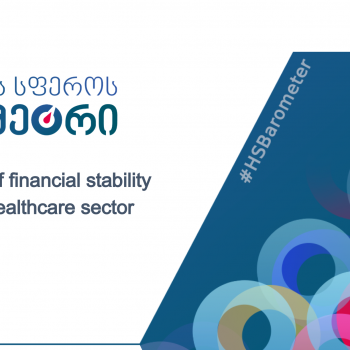
Georgian Healthcare Barometer XIV Wave The analysis of financial stability and risks in healthcare
Curatio International Foundation publishes the new 14th wave of the healthcare barometer which analyzes the financial situation and risks in Georgian healthcare sector.
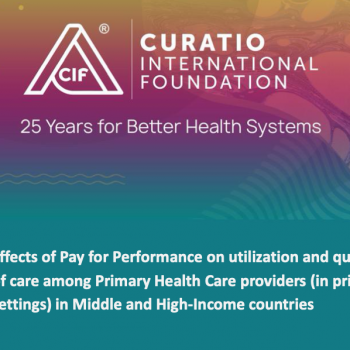
Effects of Pay for Performance on utilization and quality of care among Primary Health Care providers in Middle and High-Income countries
The evidence review summarizes the existing literature on P4P effectiveness on utilization and quality of primary health care in private settings in middle-income and high- income countries. The document and its findings are especially relevant to Georgia.
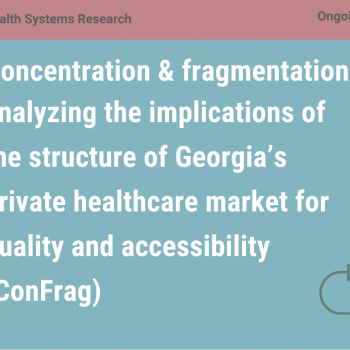
Concentration and fragmentation: analyzing the implications of the structure of Georgia’s private healthcare market for quality and accessibility (ConFrag)
The research project aims to understand what are the risks to quality and accessibility of patient care from excessive concentration and/or fragmentation in private healthcare markets, and what health system policies are available to address these?
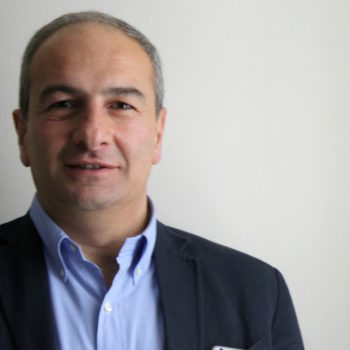
#COVID19 – Evidence and Policymaking: Personal Reflections from an LMIC Setting
As I embark on writing this blog, the global outbreak of COVID-19 is posing a growing threat to the health and well-being of our societies. The unfolding global health and economic crisis demands bold actions from all of us, but most importantly from policymakers.
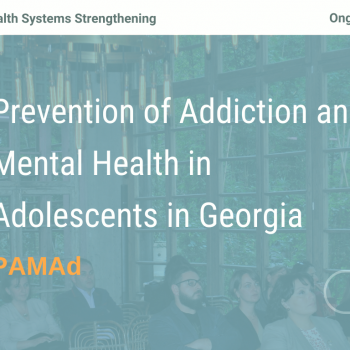
Prevention of Addiction and Mental Health in Adolescents in Georgia (PAMAd)
The 42-month duration project “Prevention of Addiction and Mental Health in Adolescents in Georgia (PAMAd)” aims to improve the health and wellbeing of adolescents and young people affected by substance use and common mental health disorders through effective service provision.
